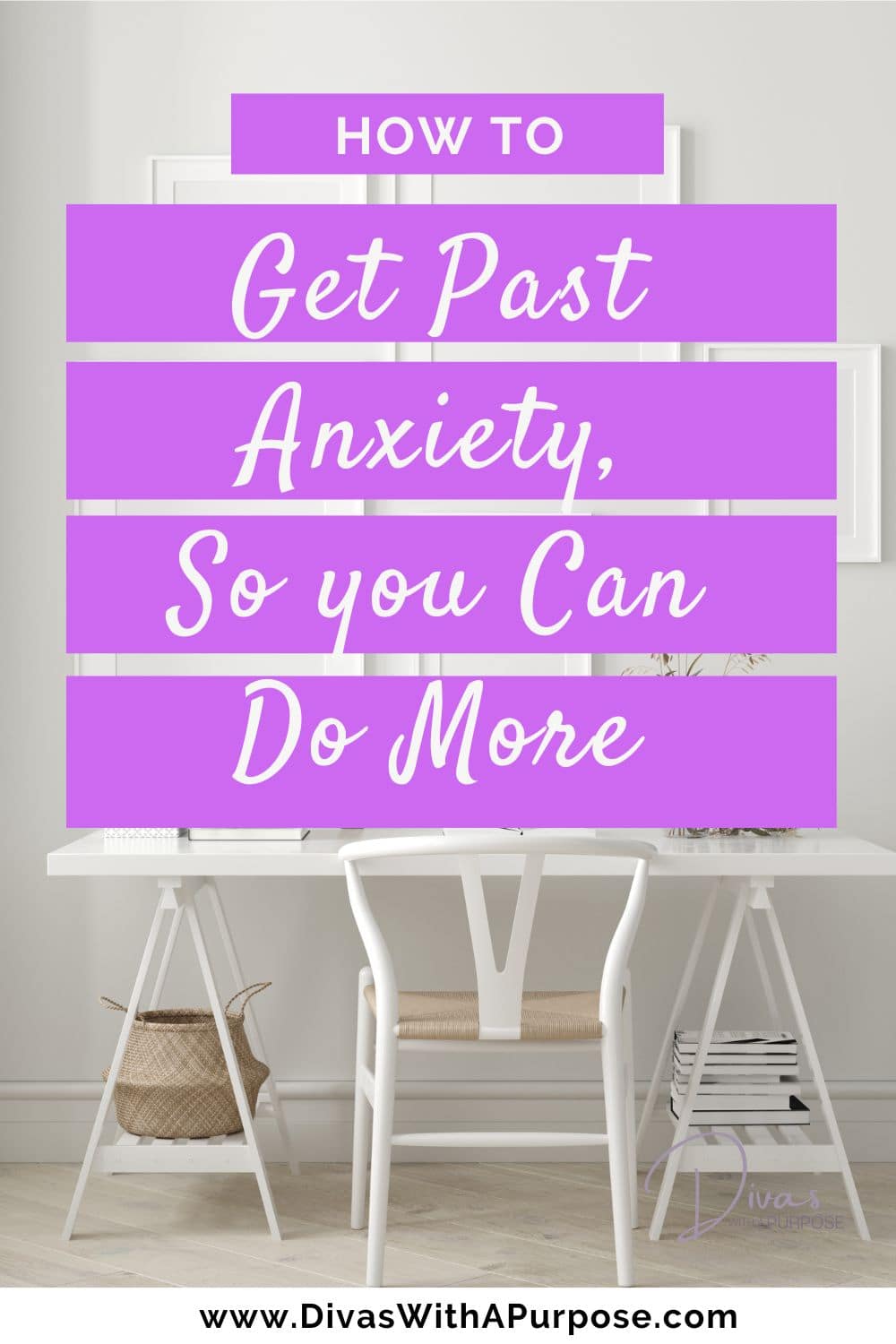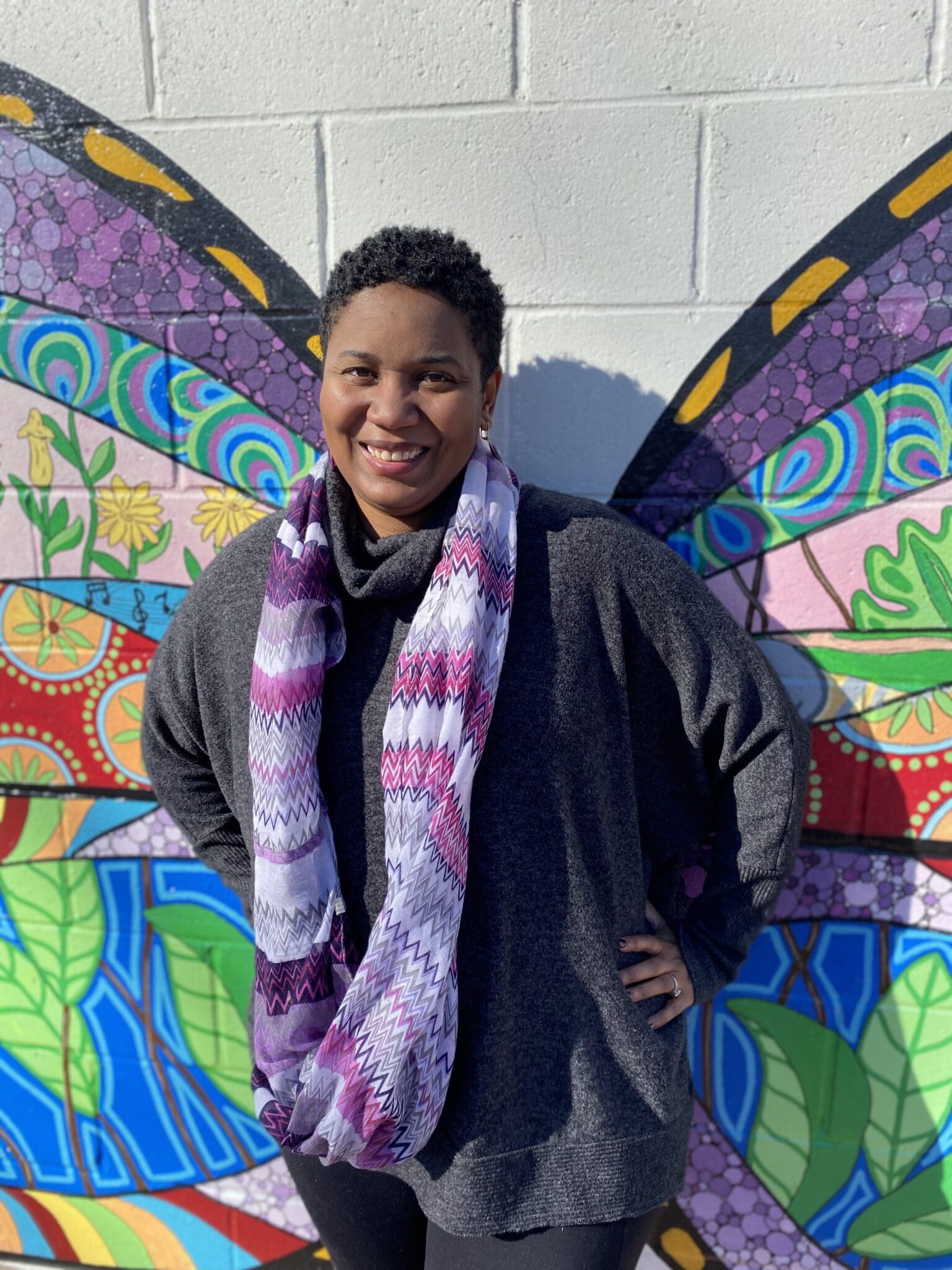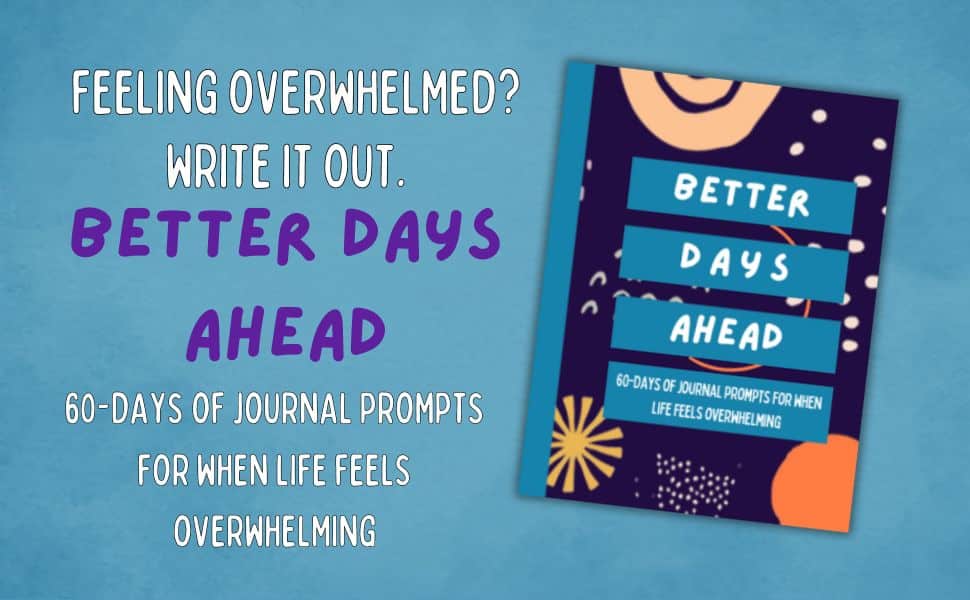Get Past Anxiety, So You Can Take Action
Is anxiety stopping you from achieving your goals?
In this day and age, it is all too easy to feel overwhelmed by the pressures of modern life. We are constantly bombarded with messages to consume more and more, often at the expense of our own well-being.
Mindfulness can help us achieve a state of mental balance through meditation and relaxation. It helps us focus on the present moment without being distracted by thoughts of the past or future. This allows us to cultivate a sense of calmness and contentment in our lives.
Anxiety Directly Impacts Your Productivity
Anxiety is the most common cause of resistance to taking action on your goals. It’s tied with fear, but the two feed into each other and make each other worse. If you get sweaty, nervous, unfocused, your heart starts racing, or you come up with a million other things to do when you start to work on your goals, guess what? You have anxiety.

Simple Action Steps to Get Past Anxiety
Getting past anxiety isn’t easy. In fact, most people never get over it entirely; they simply learn to deal with it. Learning to work on your goals despite your anxiety is going to be your first goal. Here are some tips to help you do that.
1.) Take Some Deep Breaths
Breathing exercises are a great way to reduce stress and anxiety. When you’re feeling overwhelmed, it can be difficult to keep your breathing under control.
This is where mindful breathing comes in. It’s a technique that can help you take control of your breath and calm your nerves. Here’s how to do it:
- Sit or lie down in a comfortable position and close your eyes.
- Take three deep breaths in through the nose, focusing on filling up the lower part of your lungs.
- Hold for two seconds, then release slowly through the mouth for six seconds.
- Repeat this process two more times.
2.) Work out right before you get started
Exercise helps reduce anxiety and makes it harder for it to return for several hours. An aerobic workout right before you start work will help you calm down and focus. It doesn’t have to be a long workout; getting your heart rate up for ten or fifteen minutes will help reduce the anxiety-producing chemicals in your body.
3.) Progressive Muscle Relaxation
Progressive muscle relaxation is a technique that many use to calm their nerves and reduce anxiety. It works by tensing and releasing each major muscle group in the body, starting at the feet and working one’s way up towards the head. This tense and release motion helps release all the excess tension from your anxiety. It can also lower your blood pressure and ease tension headaches.
4.) Use Affirmations to Reduce Your Anxiety
Select 3-5 positive affirmations for anxiety reduction, and repeat them several times before you start working. This will gradually become a ritual that will reduce your anxiety. A few affirmations to get you started are:
I am a powerful, successful woman.
I love life and those around me.
I have learned to accept myself and the things I cannot change.
5.) Do The First Small Thing
What’s the first thing you have to do? Not the first thing on your to-do list, but the first thing you have to do before you do that. Open a drawer? Pick up an ink pen? Turn on your laptop? Make that your go-to action to signal to your brain that it’s time to start working.
These are just a few things you can do to reduce your anxiety. There are thousands you can choose from. Try different ones until you find some that work for you. If nothing helps your anxiety, consider seeking help from a support group or licensed therapist.

Michelle D. Garrett is the founder of Divas With A Purpose.
She focuses on sharing resources for being purposely productive; setting personal and professional goals and achieving them through daily action; and successfully running a business while focusing on your mental health. Michelle is a full-time entrepreneur who specializes in teaching female entrepreneurs how to show up consistently in their business – online and off.

